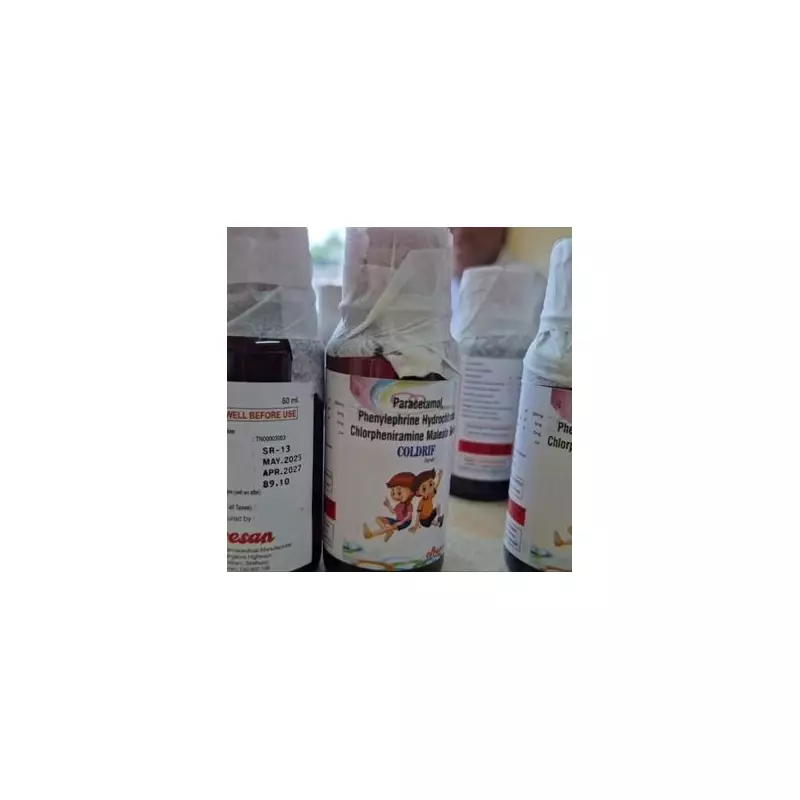
The World Health Organization has raised the alarm after a mysterious and severe form of hepatitis has been detected in nearly 170 children across 11 countries, with one young victim tragically losing their life.
Health authorities worldwide are scrambling to understand the sudden emergence of this liver inflammation condition, which has particularly affected children under the age of 10 in the UK, Spain, Israel, United States, Denmark, Ireland, Netherlands, Italy, Norway, France, Romania and Belgium.
Unprecedented Global Health Mystery
What makes this outbreak particularly concerning for medical experts is the unusual severity of cases. Seventeen children have required liver transplants following their diagnosis, representing approximately 10% of all identified cases.
The WHO stated: "It is not yet clear if there has been an increase in hepatitis cases, or an increase in awareness of hepatitis cases." However, the organisation confirmed they are taking the situation with "deep concern" given the unknown origin and serious nature of the illness.
The Adenovirus Connection
Medical investigators have identified adenovirus as a potential culprit, with the common virus detected in at least 74 cases. Laboratory testing has confirmed adenovirus type 41 in several affected children.
Typically known for causing mild cold and flu-like symptoms, adenovirus type 41 hasn't previously been linked to hepatitis in otherwise healthy children. This has prompted questions about whether:
- A new variant of adenovirus has emerged
- COVID-19 lockdowns have reduced immunity in children
- A co-infection with another pathogen is occurring
- An environmental trigger is involved
COVID-19 Link Ruled Out
Health authorities have confirmed that none of the affected children had received COVID-19 vaccinations, effectively ruling out any connection to coronavirus vaccines.
While some children tested positive for COVID-19 at the time of their hepatitis diagnosis, researchers believe this may be coincidental rather than causal. The investigation continues to focus on adenovirus as the primary suspect while exploring other potential contributing factors.
Parents are advised to watch for key symptoms including jaundice (yellowing of skin and eyes), dark urine, pale stools, itching, muscle pain and fever. Medical attention should be sought immediately if any of these signs appear in children.





